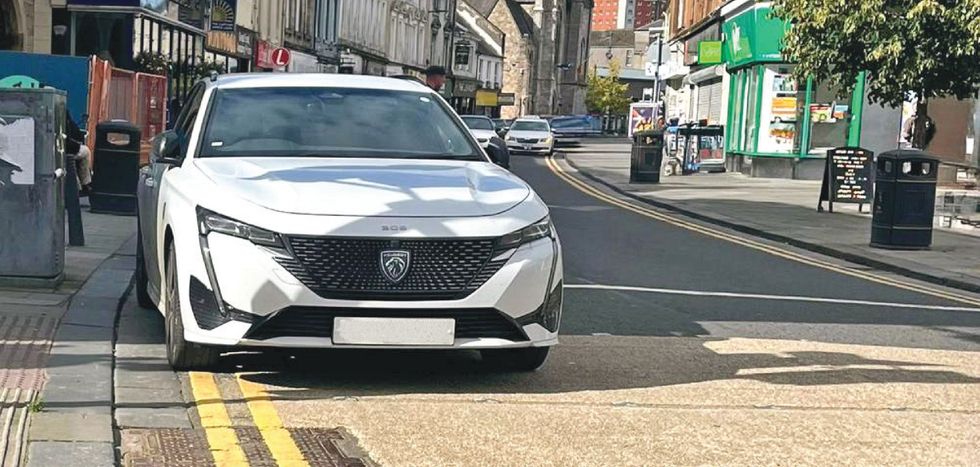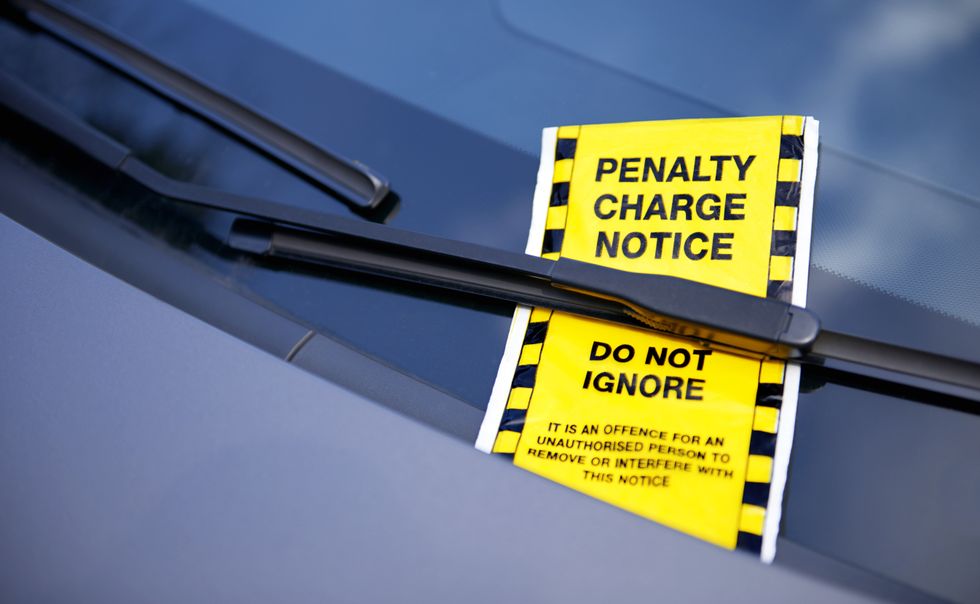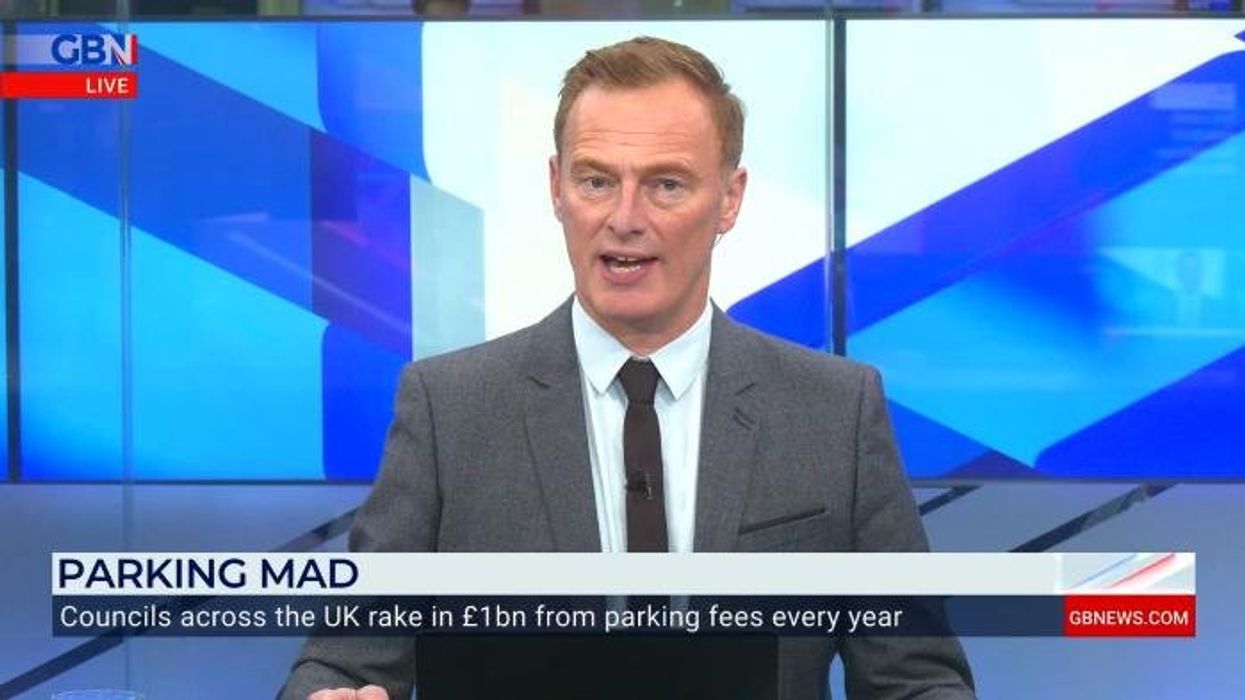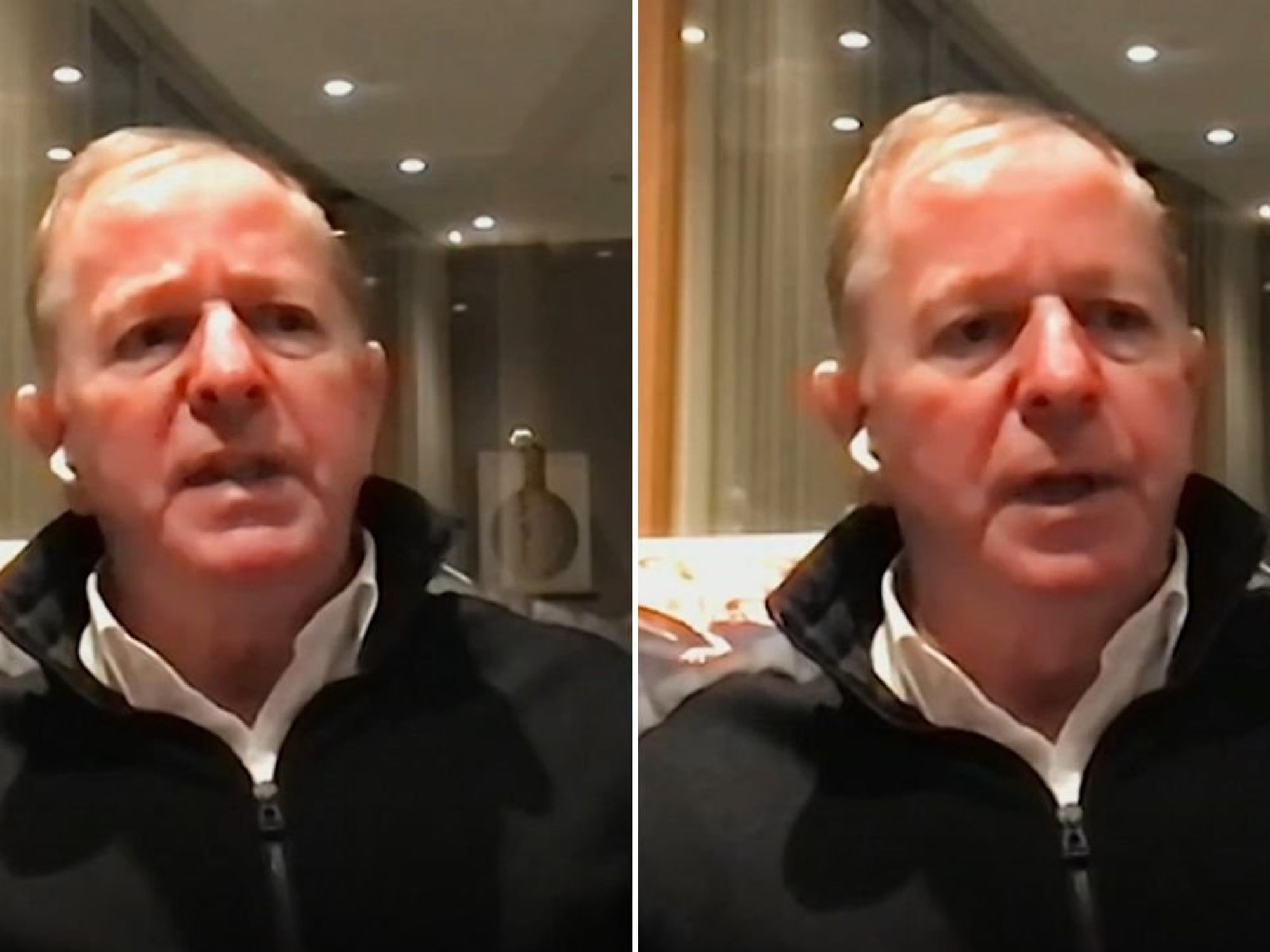Motorists warned of tougher traffic rules this week as Labour council gains new powers to fine thousands

West Dunbartonshire Council has been granted new powers to issue penalties to drivers for the first time
Don't Miss
Most Read
Drivers have been warned of new enforcement measures now in effect across a popular region, which could see thousands slapped with hefty penalties.
Beginning this week, Labour-run West Dunbartonshire Council will be given new powers for parking enforcement across the area, marking a significant shift away from Police Scotland's control.
The move, officially known as Decriminalised Parking Enforcement, will see a new team of council enforcement officers issue fines to drivers who flout restrictions.
Under the system, drivers caught parking on double yellow lines, obstructing traffic, or misusing loading bays face a Parking Charge Notice (PCN) of £80.
TRENDING
Stories
Videos
Your Say
If paid within 14 days, the fine is halved to £40, but if ignored, the penalty can rise to £120 after 56 days. Unlike police-issued tickets, PCNs will not add penalty points to a driver's licence.
Council officials insisted that the scheme is not about revenue-raising but about improving road safety and traffic flow.
The fines collected will fund the running of the service, with any surplus reinvested into road safety and transport projects.
As part of the changes, a dedicated squad of eight Parking Enforcement Officers will patrol towns including Clydebank, Dumbarton, Balloch, and Alexandria.
They will operate seven days a week, targeting problem areas where illegal parking is causing congestion and risks to pedestrians.
But the council did note that enforcement staff will not be set targets for the number of fines they issue. Instead, their focus will be on ensuring compliance with long-standing road rules.

The council will introduce daily patrols of the area to crack down on poor parking
|WEST DUNBARTONSHIRE COUNCIL
A council spokesperson said: "This change is about keeping our roads safe and clear. Parking restrictions have always been in place, but from October, they will be actively enforced by the council rather than the police.
"This should bring real benefits to local businesses, residents, and road users."
The council has also moved to address potential hostility towards enforcement staff, with each officer equipped with a body-worn camera and a lone worker protection device to tackle abuse or threats while on duty.
But the council has warned drivers not to assume the change means relaxed rules.
In fact, with officers patrolling daily, motorists will now be more likely to be caught if they park illegally.
Double yellow lines continue to mean "no waiting at any time," while single yellow lines apply at times shown on nearby signs.

Drivers can be issued an £80 ticket for parking on double yellow lines
| GETTYLATEST DEVELOPMENTS:
- Drivers face £10,000 fine for driving offences as millions risk road safety on major motorways
- Major car brands recall 386,000 vehicles as drivers risk serious fires and crashes - BMW, Kia and more
- Electric cars nearing price parity with petrol and diesel as drivers can save 'thousands of pounds a year'
Loading bays will be monitored closely, with restrictions varying by location. Parking on pavements next to yellow lines will also be enforced.
Despite the crackdown, council-run car parks remain free, with officers instead focusing on streets where poor parking is an ongoing issue.
The Blue Badge scheme will remain unchanged, meaning disabled drivers can continue to park where permitted under national rules.
Exemptions will also apply for emergency vehicles, official wedding and funeral cars, and council vehicles carrying out statutory duties.
Contractors who need to park for work can apply in advance for permission.

Under the new measures, the council will assume responsibility for issuing parking tickets
| GETTYDrivers have been warned that failure to pay or appeal parking tickets within 56 days will see the fine increase by 50 per cent.
But if drivers believe they have been wrongly fined, they can lodge an appeal with the PCN, including full details of the process.
Although parking enforcement shifts to the council, Police Scotland will still intervene in serious cases.
Officers will continue to handle "moving traffic offences" and situations where a parked vehicle poses an immediate danger or obstruction.
Local businesses have welcomed the change, arguing that clearer enforcement will prevent bays from being blocked by careless drivers.
Residents frustrated by cars parked across pavements or outside driveways are also expected to see improvements. However, some motorists fear the system will become a "cash cow."











